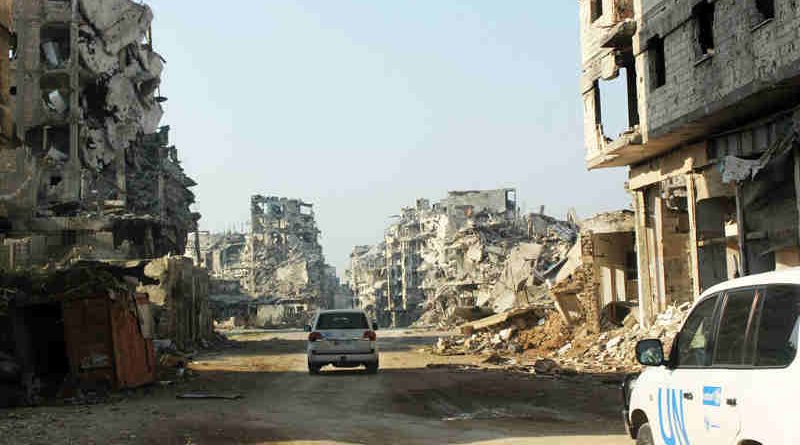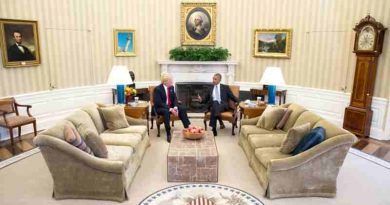New Report Reveals the Use of Chemical Weapons in Syria

Use of Chemical Weapons in Syria
The UN Security Council met Wednesday to discuss the latest findings of a global chemical weapons watchdog in Syria. The findings reveal that there were “reasonable grounds” that a chemical attack took place during the crucial battle for control of Eastern Ghouta, last April.
The report from the UN-backed Organisation for the Prohibition of Chemical Weapons (OPCW) made up of 193 Member States, concluded based on its Fact-Finding Mission (FFM) assessment.
It says that the use of a toxic chemical as a weapon has taken place on 7 April and reactive chlorine had been detected in samples taken around two weeks after the incident.
The attack in the city of Douma, a suburb of the capital Damascus, came at a crucial stage of the siege by Syrian Government forces, backed by Russia, on rebel-held Eastern Ghouta, which subsequently fell.
| Download and Read RMN Publications | ||
| TechWise Today | The Integrity Bulletin | Clean Climate |
| Legal Directions | Young Learner | Real Voter |
According to the UN, dozens were reportedly killed during the likely chemical attack, with videos purporting filmed during the aftermath widely shared across the world, showing children choking and gagging.
At the time, Russia denied any chemical weapons had been used, saying that the attack had been “staged”. The Syrian Government denied any involvement. But the United States, together with France and the United Kingdom, launched retaliatory air strikes, aimed at alleged chemical weapons facilities and infrastructure.
Last June, the UN Commission of Inquiry on Syria, delivered a report to the Human Rights Council, saying that the siege and recapture of Eastern Ghouta by Government and allied forces, had been marked by war crimes and crimes against humanity.
The latest FFM’s report on Douma, was due to be shared with States Parties to the Chemical Weapons Convention, and passed on to the Security Council. The report does not assign blame for the likely use of chlorine gas, and found no grounds or evidence, to support an assertion from the Syrian Government that rebel fighters in Douma had used a local facility to manufacture chemical weapons.
Last June, the OPCW was given new powers to assign blame for future chemical weapons attacks, but this did not include the FFM sent to Douma to gather evidence.
Courtesy: UN




